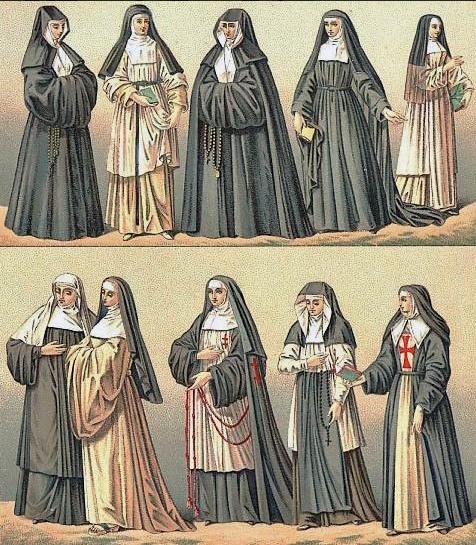Liudmyla Sharipova, University of Nottingham
The paper will follow the travails and travels of the Jewish convert to Eastern Orthodoxy Sister Asklipiodata on her eastward journey from Bohemia to the then autonomous Ukrainian Hetmanate, and further on. Born in Prague, a “mother-city in Israel”, she must have left it with her family in 1745, the year that saw the expulsion of Jews from the city. On crossing into the Russian Empire, the migrants learned that the price of Jewish survival there was Christian conversion. The future nun Asklipiodata and her husband became legal residents of Kyiv, where, after she was left a widow, she entered an Orthodox convent and was promptly elevated to a full monastic status. A few years later Sister Asklipiodata’s drunken and dissolute behaviour, and her evident desire to stay away from the monastery became unambiguous signs of existential despair. Her drift from Jewishness to Orthodox monasticism was a journey of faith in an uncertain world. What made it possible was a tangled web of property relations characteristic of the traditional “idiorrhythmic” model of Orthodox monasticism. Preserved by the official Orthodox Church for fear that attempts at reform could damage its claim to moral superiority, persistence of individual wealth made monastic communities look very similar to the world outside the convent walls.
Liudmyla Sharipova is Associate Lecturer in the Department of History at the University of Nottingham. She is working on a large project that seeks to explore the immediate impact of the European Reformations: Protestant and Catholic alike, on the reforming processes within the Orthodox Church in the early modern period. Parallel to this, she is writing a monograph provisionally entitled “The Nuns’ Stories”, for which she received an award from the British Academy Small Grants Scheme.
